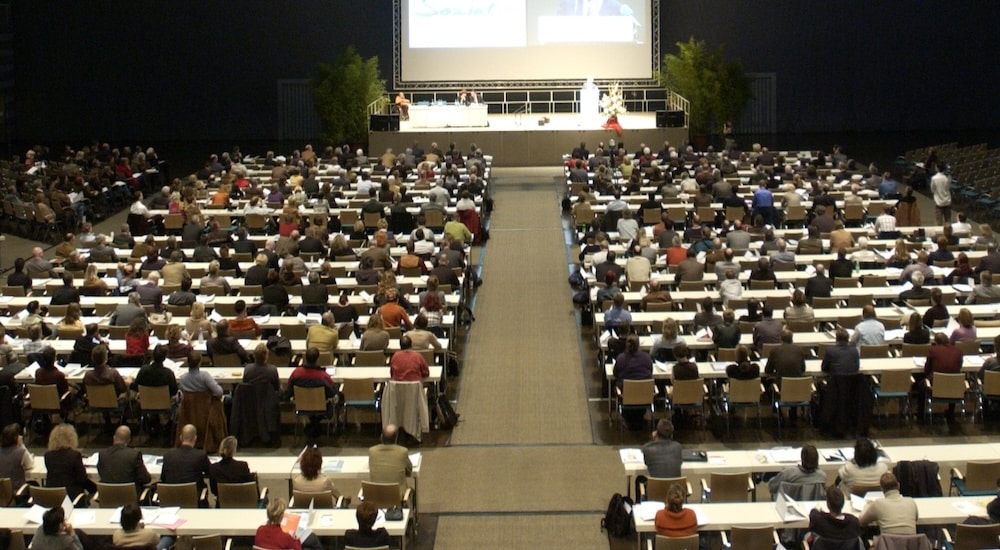Psychologists must defuse ticking “tinnitus timebomb” UK charity warns
tinnitus
A new report from the British Tinnitus Association (BTA) exposes the urgent need for psychologists, other secondary care specialists, and a new standardised treatment model to avoid a “tinnitus timebomb˝.

Published on February 1, the ‘This Is My Silence’ report brings the findings from a new survey of more than 2,000 people with tinnitus, and lays bare the mental health challenges of living with the much-misunderstood condition.
It reveals that there has been a 22% drop in the number of tinnitus patients offered a referral to specialist care by their GP since March 2020 – despite a climb in cases, links with anxiety and depression, and new National Institute for Health and Care Excellence (NICE) guidance emphasising the importance of referrals. The study showed that an appointment with an audiologist or ENT specialist was 1.7 times more likely to reduce feelings of stress around tinnitus than an appointment with a GP, but there is evidence to suggest there was already a perilous lack of capacity in specialist tinnitus services prior to Covid-19, making it more difficult for GPs to refer onwards. One in three GPs have since had an urgent referral to specialist care rejected during the pandemic.
According to the research, there have been some improvements in the quality of GP tinnitus appointments since the NICE Tinnitus Guidelines were published in March 2020. However, with the latest figures showing that less than half of GPs are currently following the recommendations, experts are concerned that the pressure of the Covid-19 pandemic has reduced healthcare professionals’ engagement with the guidance and the availability of secondary care specialists.
David Stockdale, Chief Executive of the British Tinnitus Association, said: “With the Covid-19 virus and the social measures taken to keep us safe found to worsen tinnitus symptoms in a high proportion of people, healthcare services will have experienced an increased demand for support from patients with tinnitus.
“This extra pressure has exposed the fact that we need far greater investment in secondary care services that support people with tinnitus and we need a renewed focus on improving GP and community practitioner support through better training and a standardised treatment method, so that everyone gets the same level of support, no matter who they see,” he added.
Source: BTA


